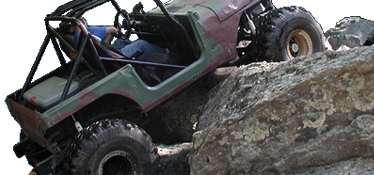- Joined
- Mar 13, 2005
- Location
- Raleigh, NC
I dont think it's an arguable point. The legislature specifically changed the law to accommodate boats on trailers that were over 10k.


Ok, so I didn’t find a statute that says if your trailer is rated for this, you have to have this license.
BUT, if you are driving a Class A vehicle you have to have a Class A license. Here is the definition.
On part C of the Class C license, I think you are confusing "A combination of noncommercial motor vehicles that have a GVWR of more than 10,000 pounds but less than 26,001 pounds." to mean any trailer weight in that range, but it does not define the trailer weight rating in that sentence, only the two units together.
So, i didn't see anything in there contrary to what I have said or posted.
X 2Reading this makes me happy I have a class a cdl lol
X3Reading this makes me happy I have a class a cdl lol

